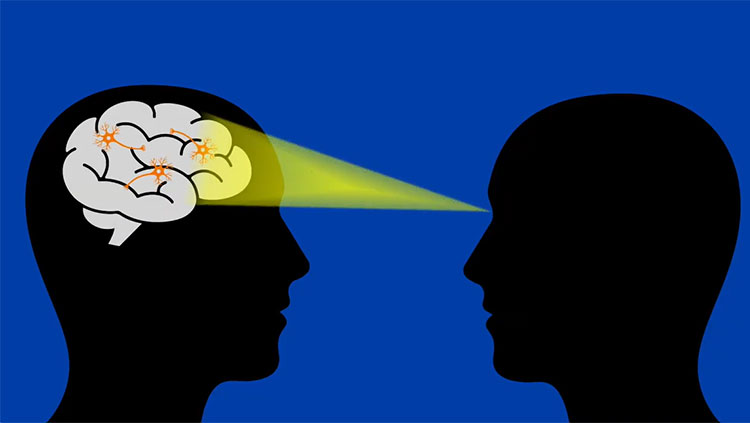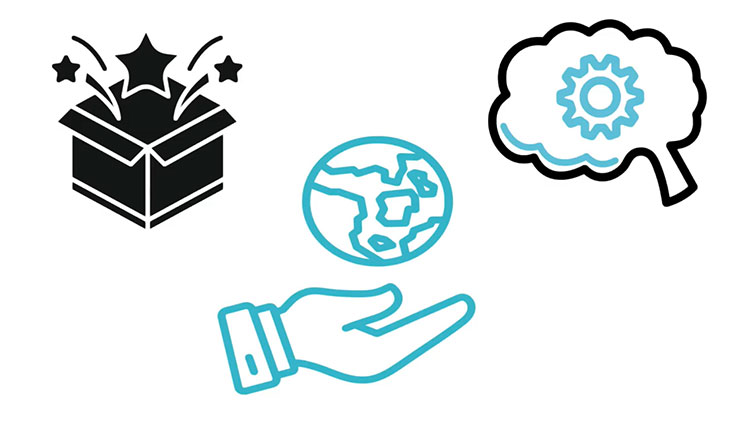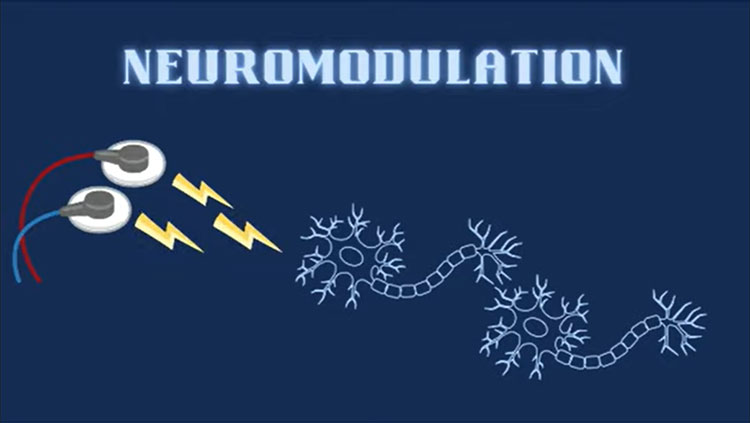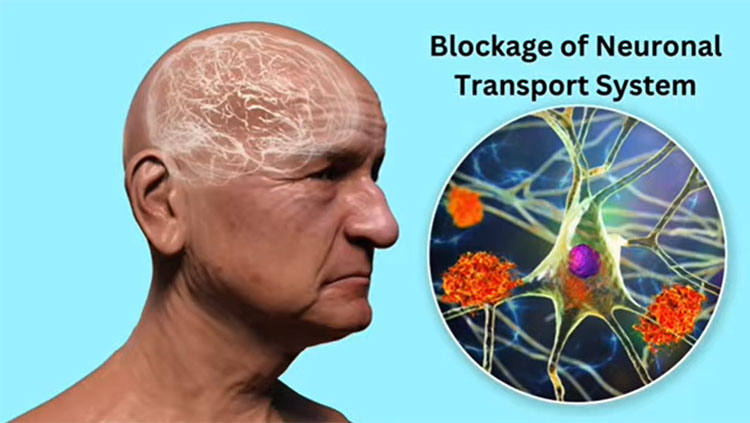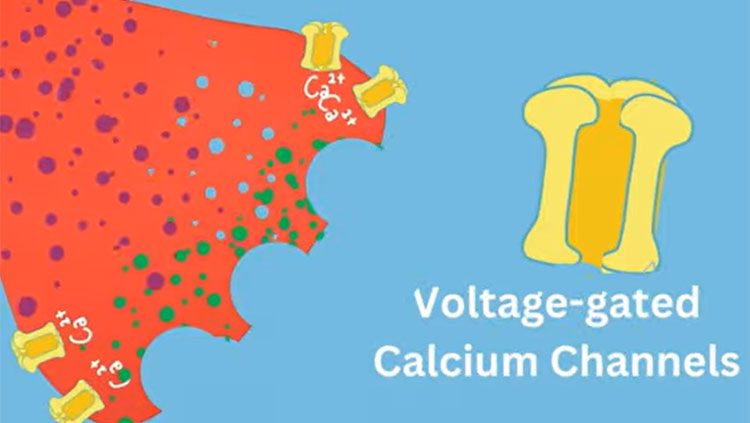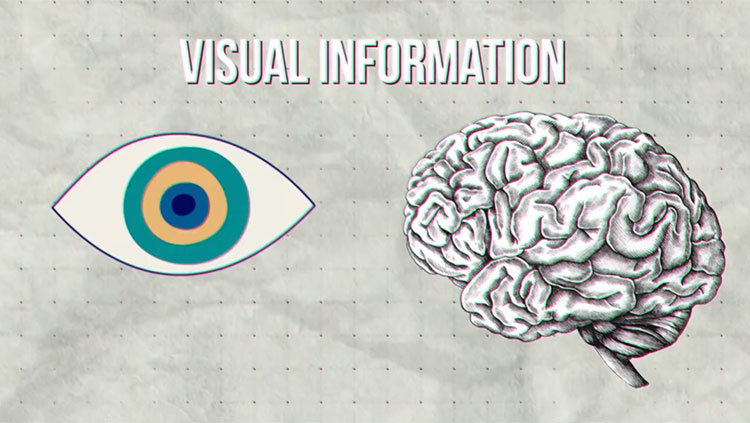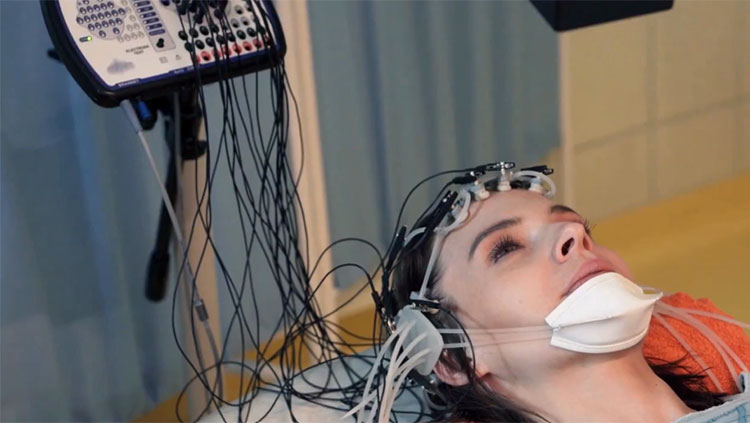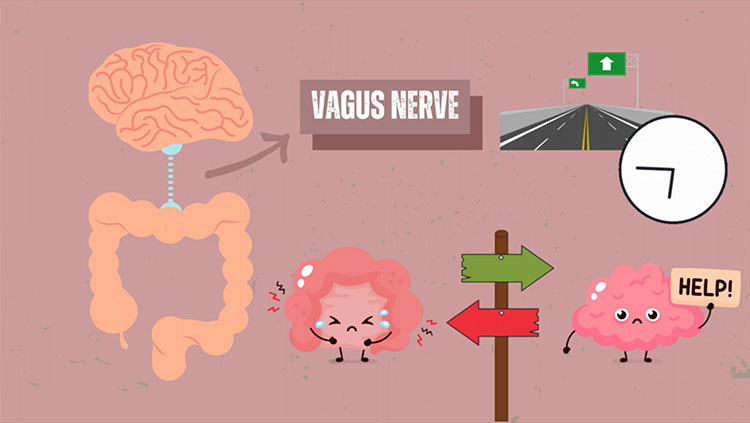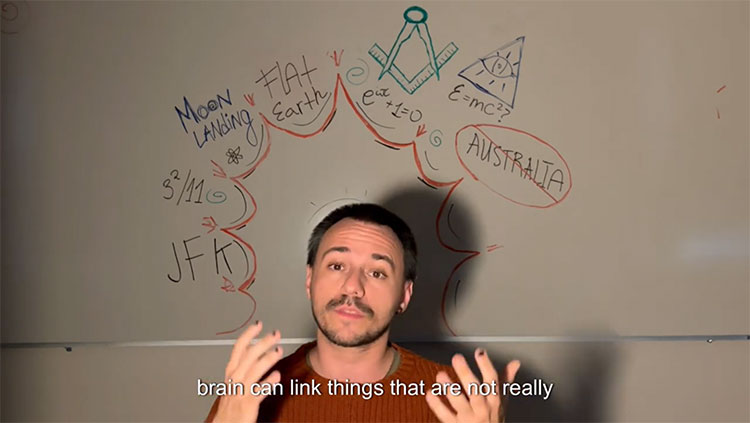Filter
-
(1)
-
(1)
-
-
(1)
-
(8)
-
(15)
-
(3)
-
(1)
-
(2)
-
(1)
-
(3)
-
(1)
-
(1)
-
(2)
-
(2)
-
(1)
-
(1)
-
(2)
-
(1)
-
(1)
-
(1)
-
-
(1)
-
(1)
-
-
(1)
-
(8)
-
(3)
-
(4)
-
(3)
-
(1)
-
-
(93)
-
(39)
-
(18)
-
(33)
-
(4)
-
(15)
-
-
(2)
-
(2)
-
-
(1)
-
(1)
-
-
(10)
-
(1)
-
(8)
-
(3)
-
-
(3)
-
(1)
-
(1)
-
(1)
-
-
(1)
-
(4)
-
(10)
-
(1)
-
(1)
-
(7)
-
(1)
-
-
(49)
-
(7)
-
(2)
-
(2)
-
(5)
-
(2)
-
(7)
-
(7)
-
(11)
-
(9)
-
-
(6)
-
(14)
-
(1)
-
(9)
-
(1)
-
(3)
-
(2)
-
-
(1)
-
(1)
-
(7)
-
(6)
-
(2)
-
(1)
-
(1)
-
-
(1)
-
(1)
-
-
(1)
-
(25)
-
(3)
-
(1)
-
(17)
-
-
(3)
-
(2)
-
(1)
-
-
(6)
-
(1)
-
(5)
-
(4)
-
-
(6)
-
(1)
-
(2)
-
(2)
-
(2)
-
-
(4)
-
(4)
-
-
(1)
-
(2)
-
(2)
-
(1)
-
(1)
-
-
(3)
-
(1)
-
(1)
-
(1)
-
-
(5)
-
(1)
-
(4)
-
-
(32)
-
(7)
-
(2)
-
(7)
-
(10)
-
-
(1)
-
(1)
-
(1)
-
-
(5)
-
(8)
-
(6)
-
(3)
-
-
(1)
-
(1)
-
-
(2)
-
(2)
-
-
(3)
-
(1)
-
(3)
-
-
(7)
-
(4)
-
(3)
-
(2)
-
(5)
-
(1)
-
-
(2)
-
(1)
-
(1)
-
-
(27)
-
(9)
-
(7)
-
(3)
-
(1)
-
(12)
-
-
(153)
-
(1)
-
(10)
-
(4)
-
(24)
-
(28)
-
(12)
-
(10)
-
(24)
-
(2)
-
(20)
-
(6)
-
(15)
-
(8)
-
(7)
-
(64)
-
(9)
-
(28)
-
-
(13)
-
(1)
-
(3)
-
(1)
-
(4)
-
(1)
-
(4)
-
(1)
-
-
(6)
-
(6)
-
-
(5)
-
(2)
-
(203)
-
(167)
-
(11)
-
(6)
-
(4)
-
(1)
-
(18)
-
(6)
-
(21)
-
(5)
-
(173)
1 - 10 of 219 results
-
Artificial intelligence can guess what you’re thinking — but only if it has been trained using your own brain activity data.
-
When a surprising experience contradicts our expectations, our brains can quickly adapt to the new circumstances and make decisions accordingly thanks to the anterior cingulate cortex.
-
Scientists can use electric impulses to block pain signals in patients who struggle with chronic pain or treat certain neurological conditions.
-
Biomarkers can help doctors diagnose Alzheimer’s earlier, giving patients more time to pursue interventions to slow disease progression.
-
Reality flows continuously but we perceive it as a series of events — why? One theory suggests we structure our experiences from our subconscious predictions of ongoing events. These predictions are compared to reality — leading us to create distinct boundaries as expectations and events change.
-
Neurons cannot release their neurotransmitters without calcium, making this remarkable mineral crucial for everything we do — from movement, to memory, and more.
-
Reading regularly can improve language, memory, and reasoning skills by strengthening brain areas responsible for these processes.
-
Some brain signals once thought to be "noise" actually encode useful information. Lessons from the physics of flow encourage us to reconsider these unpredictable signals and now scientists are finding uses for them in medicine.
-
Your brain has a powerful connection to the vast neuronal network in your gut via the vagus nerve. This ties your digestive tract to mood, cognition, and brain physiology, so researchers are interested in the microbiome as a therapeutic target for mental health and more.
-
Conspiracy theories take advantage of our pattern-seeking brains by grabbing attention, triggering strong emotions, and giving meaning to random events.


